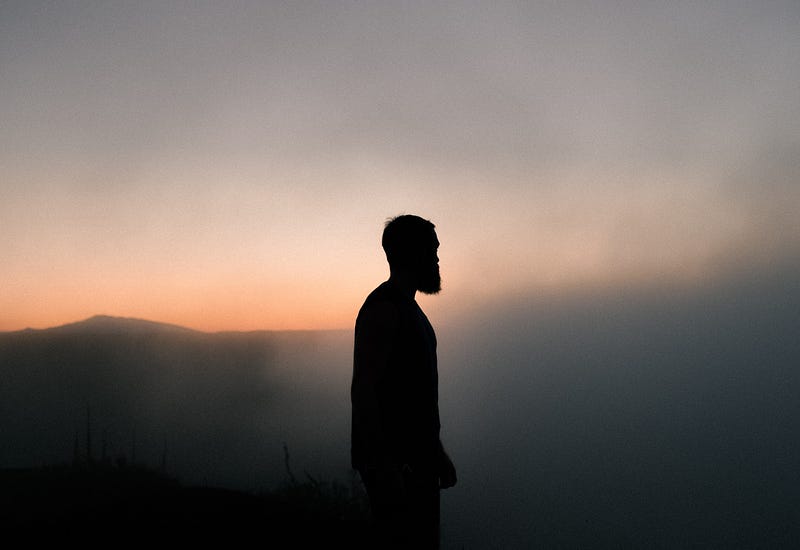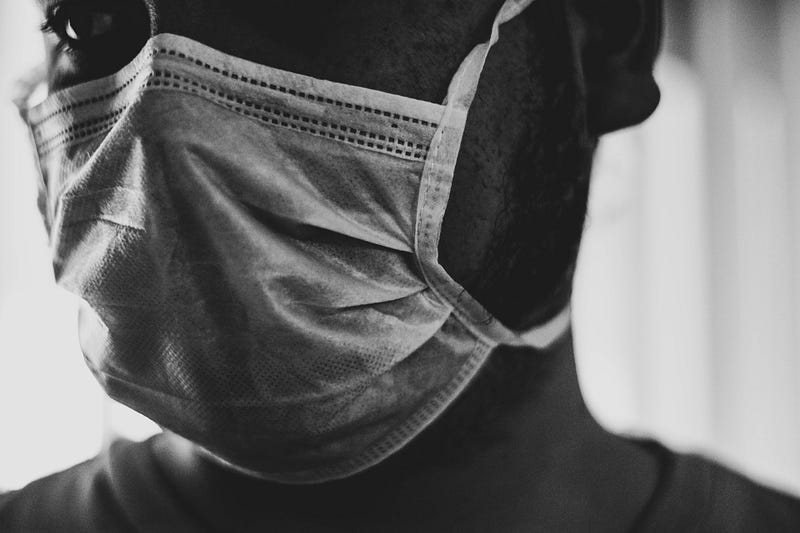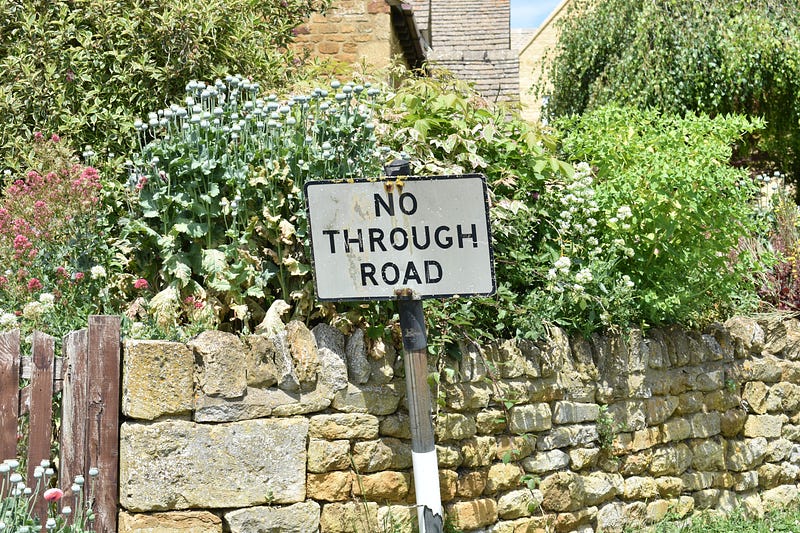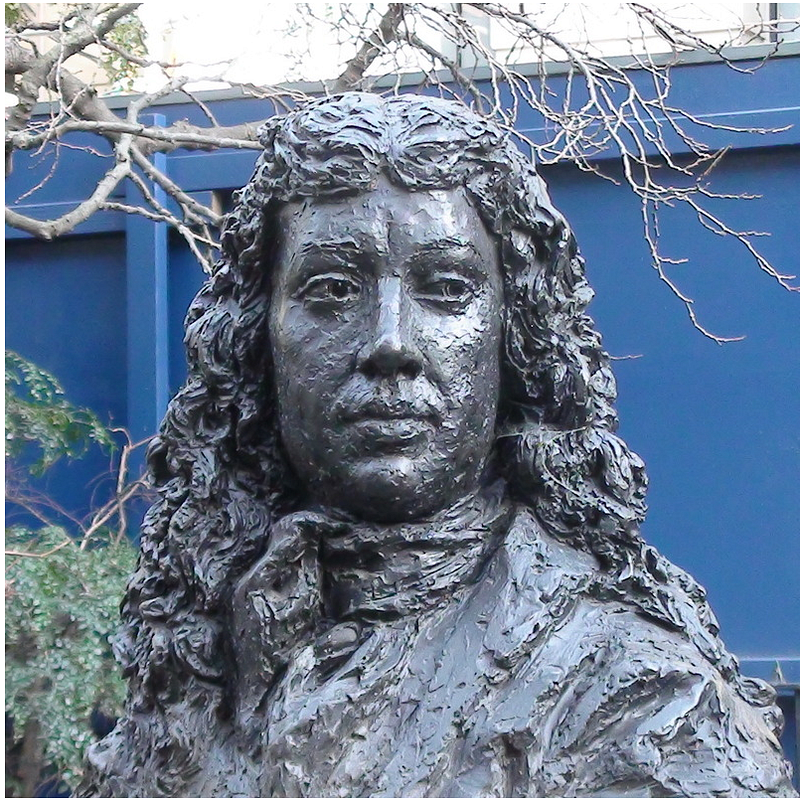Part 8: Why are we planning to go back to “normal” anyway? PANDEMIC
Definition: pandemic (of a disease) existing in almost all of an area or in almost all of a group of people, animals, or plants:
What do I write about this week?
It’s the question I asked myself. There was an air of let the dust settle as I got around to writing this post. I realised that was an easy route out just because I felt a type of mental exhaustion. I’m sitting behind a desk on a comfy seat doing what I enjoy, a bit of writing so why stop? At the same time I cannot dismiss the fragility I’ve felt due to recent events.

I only started writing this blog five weeks ago and I thought I’d be on topics like travel, tourism, hospitality, sustainability, sport and celebrity from the viewpoint of the impact of Covid-19. More importantly what would the “new normal” and beyond look like? How could there be improvement and enlightenment in many different areas due to the impact of the virus. I also wanted to focus on schools and education again as it’s something close to my heart.
Then, as I progressed from topic to topic, with the current affairs getting deeper and deeper I realised this is real and current. Why should I hide from the uncomfortable? I will certainly not document personal experience after personal experience but the virus is part of our lives and our current lives are not separate from the virus.
It’s been a learning process. I had siloed my mind to think I could cherry pick aspects of life and write about them when I chose to. Clearly, this has not been the case.
I’ve spoken to friends who could not comprehend the pain and anger I felt at the death of George Floyd and the impact it has had since.
So, let’s first rewind. We have a pandemic in Covid-19. Nothing like we have seen in our lifetime, at least in the West and globally on this scale.

We must not forget that the UK count at the second highest in the world now stands at over 42,000 deaths. Friends and family working on the frontline as key workers have played a part to stop this increasing. I’m incredibly proud of them and I’ve not forgotten this in the midst of other current events.
There is no separation from the life we have always lived and the virus. The ills of humanity will always rise to the surface.
I must add that I’m not an historian. My views are my own. I research and read like many. Challenge, debate, contribute. I’m happy to agree, disagree but most of learnfrom other points of view. So ping me anytime.
The difficult (pandemic) conversations
I suspect you’ve heard the terms “racism is a pandemic”, “the only disease right now is racism” orsimilar.

Whether you agree or disagree with these terms it has given rise to many uncomfortable conversations for many people. It’s a road we must go through — leading to something better, regardless of the barriers that stand in the way.
The protests against the pandemic of racism happened far and wide beyond the US and the UK across every continent. We need to understand that people are making a stand all around the world.
It is easy to let it pass by, blow over and not have the conversation. I don’t think it can happen on this occasion.
History 101
Is there a “correct” way to respond to an horrific crime? Do you think that a rule of law forbids the toppling of a statue? Does it make a difference? For some, yes, for others no. I believe education is key and all sides can then make their argument.

The renowned English writer Samuel Pepys is famous for his diaries. He chronicled the Great Plague of London and also the Great Fire of London in 1665 and 1666. Without these accounts we would not know a lot of this history and what is taught in primary school (Key Stage 1 in the UK) today is based on this.
Pepys was also a shareholder in the Royal Adventurers into Africa (like Colston whose statue was toppled in Bristol recently). He profited from the slave trade through his business investments. His diaries reveal details about his slave called Doll and the ill treatment Africans.
In 1665 Pepys’ friend, the banker Sir Robert Vyner showed him ‘a black boy that had died of consumption (tuberculosis)’. Vyner then had the boy dried in an oven and placed in a box to be displayed to his visitors.
There is bust of Samuel Pepys (pictured above) in the city of London. There is also a school named after Vyner.
Now, what do you do with the information?
Do you recall this to under tens in primary school along with Pepys account of the Great Fire of London as background on the author? Do you take a picture with his statue when doing a city tour of London? Do you say it’s just a ‘piece of history’ and move on? Do you rename the school? Does it matter to you? Do you care about the context?
I ask these questions openly.
The conversation has never been easy and it never will be for anybody having these conversations…but right now, they simply have to happen.